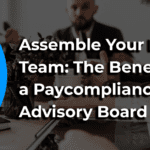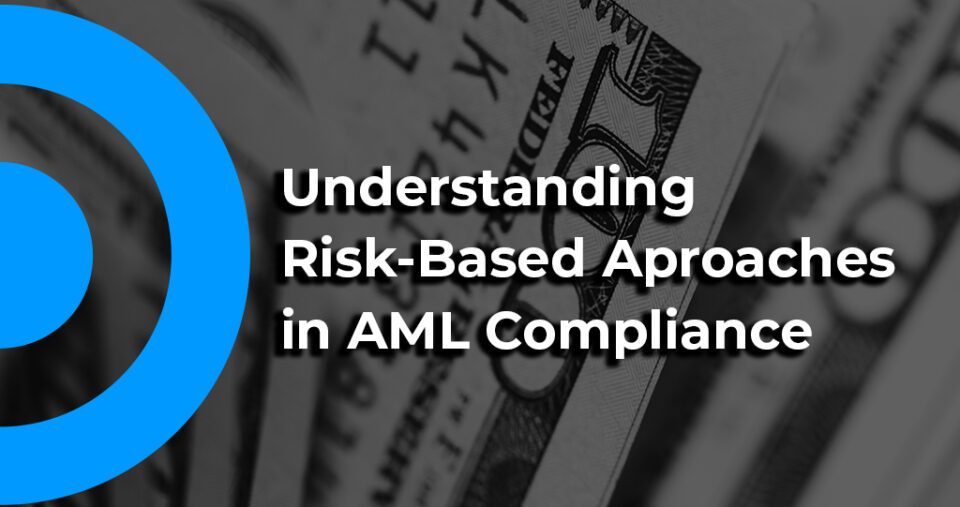
Build Your Dream Team: Benefits of a Paycompliance Advisory Board
April 15, 2024
Revolutionizing Finance: Blockchain’s Impact & Future Trends
April 15, 2024
Demystifying Clearing Bank Account: A Boon for Fintech Startups and Businesses
In today’s digital age, navigating the financial landscape can be complex, especially for startups. For those venturing into the exciting world of Fintech, understanding Clearing Bank Account for Fintech is crucial. These accounts act as the backbone for seamless transactions, empowering businesses to operate efficiently and scale with confidence.
What are Clearing Bank Accounts?
Think of clearing bank accounts, also known as settlement accounts, as intermediaries that facilitate smooth financial transactions between different institutions. Here’s a breakdown of their role:
- Transaction Settlement: Imagine Bank A needs to transfer funds to Bank B for a customer. A clearing bank acts as the go-between, ensuring the funds are securely transferred and credited to the intended recipient’s account.
- Real-Time Gross Settlement (RTGS): Modern clearing systems utilize RTGS technology, enabling instant settlement of interbank transfers. This eliminates delays and potential risks associated with traditional methods.
- Application Programming Interfaces (APIs): Fintech startups can leverage APIs offered by clearing banks to integrate their platforms with clearing systems. This allows for automation of fund transfers and real-time transaction processing, streamlining operations.
Read more about MSO License Application Process in Hong Kong
Benefits for Fintech Startups and Businesses:
- Enhanced Transaction Processing: Clearing Bank Accounts for Fintech ensures faster and more efficient domestic and cross-border payments, leading to a smoother user experience for your customers. This is especially beneficial for Fintech startups offering money transfer services or international payments.
- Streamlined Regulatory Compliance: Fintech businesses face regulations like Know Your Customer (KYC) and Anti-Money Laundering (AML). Clearing Bank Accounts for Fintech often comes with built-in compliance features, reducing the burden of maintaining complex infrastructure for startups.
- Robust Risk Management: Clearing systems adhere to strict risk management protocols. By leveraging clearing bank accounts, businesses can mitigate settlement risks and foreign exchange fluctuations, promoting financial stability. This is essential for building trust with your customers.
- API-Driven Innovation: Integration with clearing bank APIs unlocks opportunities for advanced functionalities. Fintech startups can develop innovative solutions like instant lending, micro-payments, and real-time financial products, propelling them ahead of the competition.
Latest Updates and Future Trends:
The Fintech landscape is constantly evolving, and clearing systems are adapting to keep pace:
- Blockchain Integration: Several clearing systems are exploring blockchain technology to enhance security, transparency, and immutability of transaction records. This can further bolster trust and reduce fraud risks within the financial ecosystem.
- Instant Payments & Open Banking: Regulatory bodies are pushing for faster and more inclusive payment systems. Open banking initiatives play a crucial role in this, and clearing systems are adapting to facilitate instant payments across various platforms. This will revolutionize how businesses and individuals make and receive payments.
- Focus on Cybersecurity: As the volume and complexity of transactions increase, clearing systems are prioritizing robust cybersecurity measures to safeguard sensitive financial data. This is a crucial step to ensure user confidence and maintain the integrity of the financial system.
Beyond Fintech: Benefits for Businesses of All Sizes
While clearing bank accounts are particularly valuable for Fintech startups, established businesses can also benefit from them. Here’s how:
- Improved Cash Flow Management: Faster transaction processing leads to quicker access to funds, improving cash flow management for businesses.
- Reduced Operational Costs: Clearing bank accounts can streamline financial operations, potentially leading to cost savings for businesses.
- Enhanced Security and Risk Mitigation: The robust risk management protocols associated with clearing systems benefit businesses of all sizes by minimizing financial risks.
Finding the Right Clearing Bank Account:
Choosing the right clearing bank account depends on your specific needs and business model. Here are some factors to consider:
- Transaction Volume and Value: The frequency and size of your transactions will influence the type of clearing account that best suits your business.
- Geographic Reach: If you deal with international transactions, consider a clearing bank with a global network.
- Regulatory Requirements: Ensure the clearing bank adheres to relevant regulations and compliance standards.
Partnering with Paycompliance for Seamless Fintech Success
At Paycompliance, we understand the complexities of navigating clearing bank accounts and the ever-changing Fintech landscape. We offer a comprehensive suite of services to empower businesses of all sizes:
- Expert Guidance: Our team of specialists can guide you through the process of selecting the right clearing bank account and ensure smooth integration with your existing systems.
- Compliance Support: We stay up-to-date on evolving regulations and can assist you in maintaining compliance with KYC, AML, and other relevant standards.
- Strategic Consulting: We offer strategic consulting services to help Fintech startups and businesses leverage clearing bank accounts to unlock their full potential and achieve sustainable growth.
Contact Paycompliance today to learn more about how we can help you navigate clearing bank accounts and unlock the potential for a secure, efficient, and innovative financial future.
References:



